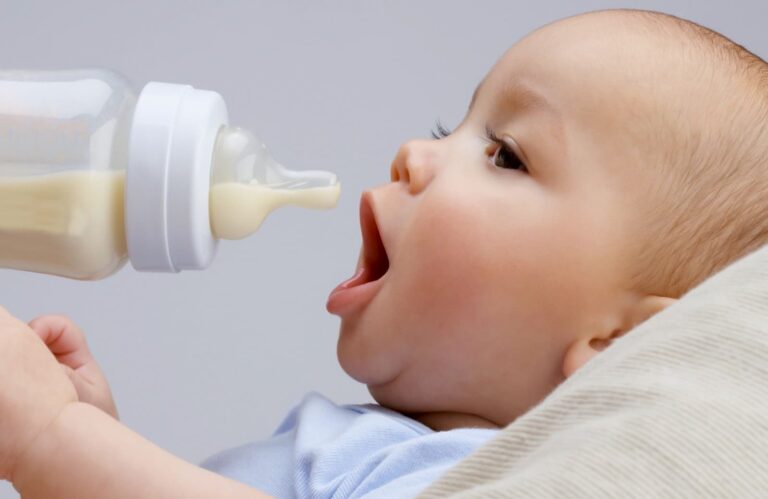
What are the symptoms of iron deficiency in children?
Iron is an essential nutrient for the body at all ages. Children and […]
Iron is an essential mineral for the normal psychophysical development of children and adolescents. A correct iron intake through diet helps to counteract iron deficiencies and support increased iron requirements during growth. Let’s find out which iron-rich foods are suitable for children.
Diet is a major source of iron at all ages. In the case of children, iron is particularly important during childhood, to support the rapid development of the body during the first year of life and during both the prepubertal age and adolescence.
The main food source of iron in the first six months of a child’s life is milk. The iron present in breast milk is easily assimilated by the newborn as it is highly bioavailable iron, being bound to a protein, lactoferrin, which regulates its transport. The iron contained in formula milk is less assimilable than the iron contained in breast milk. However, some types of formula milk are “enriched” to ensure a correct iron intake, especially in infants suffering from an iron deficiency at birth.
From the fourth month, with the introduction of the first feeds, the newborn baby’s diet is enriched with numerous sources of plant-based iron (cereal-based foods, fruit and vegetables) and animal-based iron (homogenised meat and fish). Cow’s milk, on the other hand, is not recommended as it is rich in calcium, a nutrient that can hinder the normal absorption of iron by the intestinal cells. Cow’s milk can be introduced after the first year of age, when weaning is completed and the child takes iron from numerous sources of animal and plant origin.
Between the first year of age and the prepubertal phase it is important to promote proper nutritional education in the family. A balanced diet, which provides all the necessary nutrients in the right quantities, is the basis for the overall health and well-being of the body. In the case of iron, it is important to correctly balance the intake of animal-based iron and plant-based iron.
The most iron-rich foods suitable for children and adolescents are as follows:
Not all iron consumed through diet is absorbed in the same way by the human body. Animal-based foods (e.g., meat, liver, spleen, fish) contain haem iron, a form of iron that is more easily absorbed in the intestine than the non-haem iron contained in plant-based foods.
The haem iron contained in animal-based food comes from the haemoglobin and myoglobin present in the food matrix (in the portion of meat or fish, in this case). Haem iron is absorbed directly by the enterocytes (cells of the intestinal villi) as it is bound to porphyrins, substances which, together with the same iron, make up the haem group of haemoglobin and myoglobin.
The non-haem iron or inorganic iron contained in plant-based food is less bioavailable than haem iron as it is found in the intestinal environment in the form of trivalent iron. In order for it to be absorbed by the body, trivalent iron must be reduced to bivalent iron. On the surface of the cells of the intestinal villi is an enzyme, duodenal cytochrome B, which reduces trivalent iron to bivalent iron and enables its absorption through the cell membrane.
The absorption of non-haem iron, compared with the absorption of haem iron, can be more easily hindered by the action of certain substances present in foods, such as calcium, phytates (present in cereals), oxalates (present, for example, in spinach) and tannins (tea and chocolate). Vitamin C, on the contrary, increases the absorption of non-haem iron.
Growth or certain specific physiological conditions, such as heavy menstruation in girls, may require an increased body need for iron. A varied and balanced diet is the first step for preventing iron deficiency. However, sometimes, diet alone is not enough to ensure the right daily iron intake. In these cases, it is advisable to consult a paediatrician, who will assess the advisability of taking a food supplement containing iron.
The SiderAL® range of food supplements also includes nutritional supplements containing Sucrosomial® Iron which are suitable for addressing iron deficiencies or an increased body iron requirements in children and adolescents.
The technology that guarantees the best absorption of Iron.
Find out moreRegistered Office Via Campodavela, 1 56122 Pisa
Tel. +39 050 7846500
Fax +39 050 7846524
C.F. / P.Iva / Reg. Impr. 01679440501
Cap.Soc. € 1.123.097,70
I.V. | REA 146259
pharmanutra.it